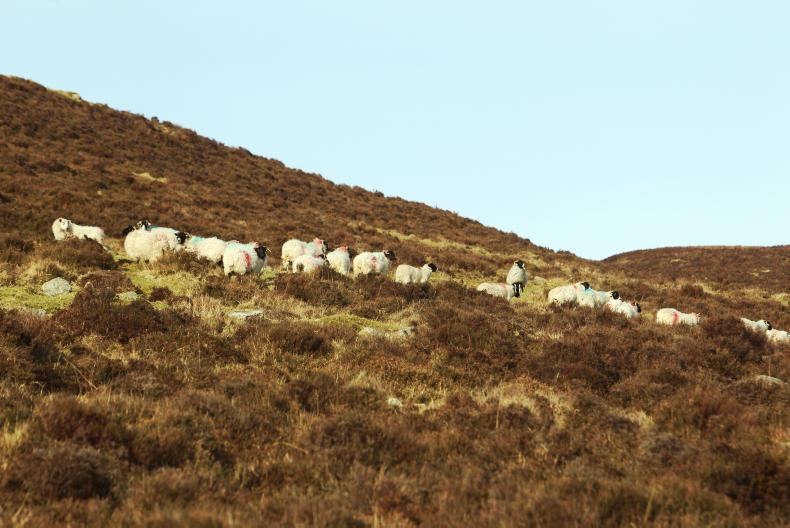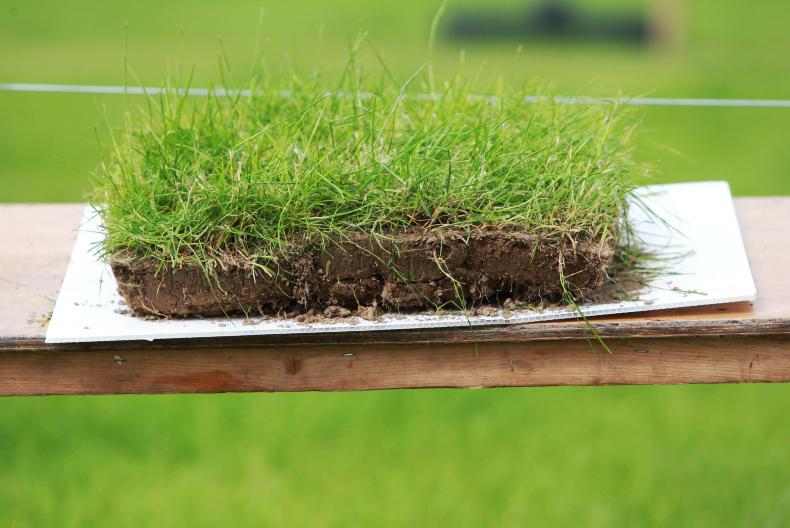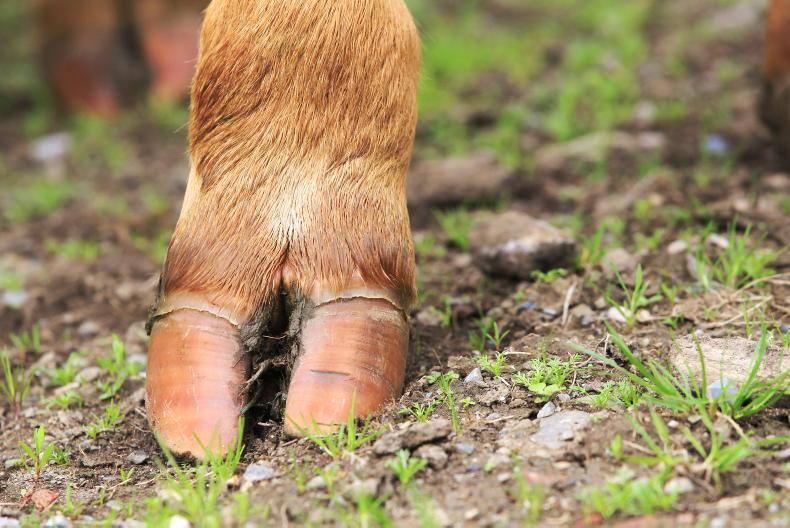Funding for the one-year transitional payment in the areas of natural constraint (ANC) scheme will come from within the NI Executive’s budget, Department officials told the Assembly’s agriculture committee last week.
“Subject to the outcome of the Executive’s ongoing budget exercise, the funding will be met from within existing departmental resources. The minister will now bring this matter to her executive colleagues to seek their approval,” Paul Caskie from DAERA said.
MLAs were told that the £8m scheme will sit within the current Rural Development Programme, so approval for programme modification will also be required from the European Commission.
The payment will be claimed by farmers in the severely disadvantaged area (SDA), using the 2017 Single Application Form and will be paid in March 2018. The ANC scheme in 2015 and 2016 had an annual budget of £20m.
Basic payments
DAERA officials pointed out to MLAs that basic payments to the SDA region as a whole are increasing by around €4m per year as a result of flattening of Pillar I payments. By 2019, an extra €20m (£17m) per year will be coming into the SDA when compared to a baseline of 2014.
“We recognise that it does not completely eliminate a slight dip in monies going to the SDA.
‘‘At the same time, we have to recognise that the basic payment scheme payments that go to the disadvantaged areas and the lowlands are decreasing over this period,” Caskie said.
In written statements to the committee, the Ulster Farmers’ Union and Northern Ireland Agricultural Producers’ Association both expressed concerns that the process of re-designating ANC has also been stopped. That process was due to be completed by 1 January 2018.
Caskie said that the one-year extension to the ANC scheme can operate within existing SDA boundaries. “The UK referendum result also has a bearing. Given that we are leaving the EU, it is less significant that we have the ANC designation according to EU rules in place,” he added.
That leaves a crucial question – if the Department doesn’t update ANC maps, and doesn’t continue funding ANC to when the UK exits the EU, does that weaken any future arguments for support to go to farmers in hill areas post-Brexit? It is a concern raised by the deputy chair of the Stormont agriculture committee, Oliver McMullan. “There are many crucial questions for the minister to answer. Why not keep the scheme going to 2020?” he told the Irish Farmers Journal.
Response
He also highlighted a response by Minister McIlveen to a letter from the former chair of the agriculture committee Linda Dillon where the minister said that funding an ANC scheme was not a focused or cost-effective method of targeting support to farmers with low incomes. Instead, she pointed to the existence of the broader welfare scheme. “Is she saying that farmers should go to the welfare system first? What is she talking about? She needs to make a public statement to clarify the position in the new year,” he said.









SHARING OPTIONS